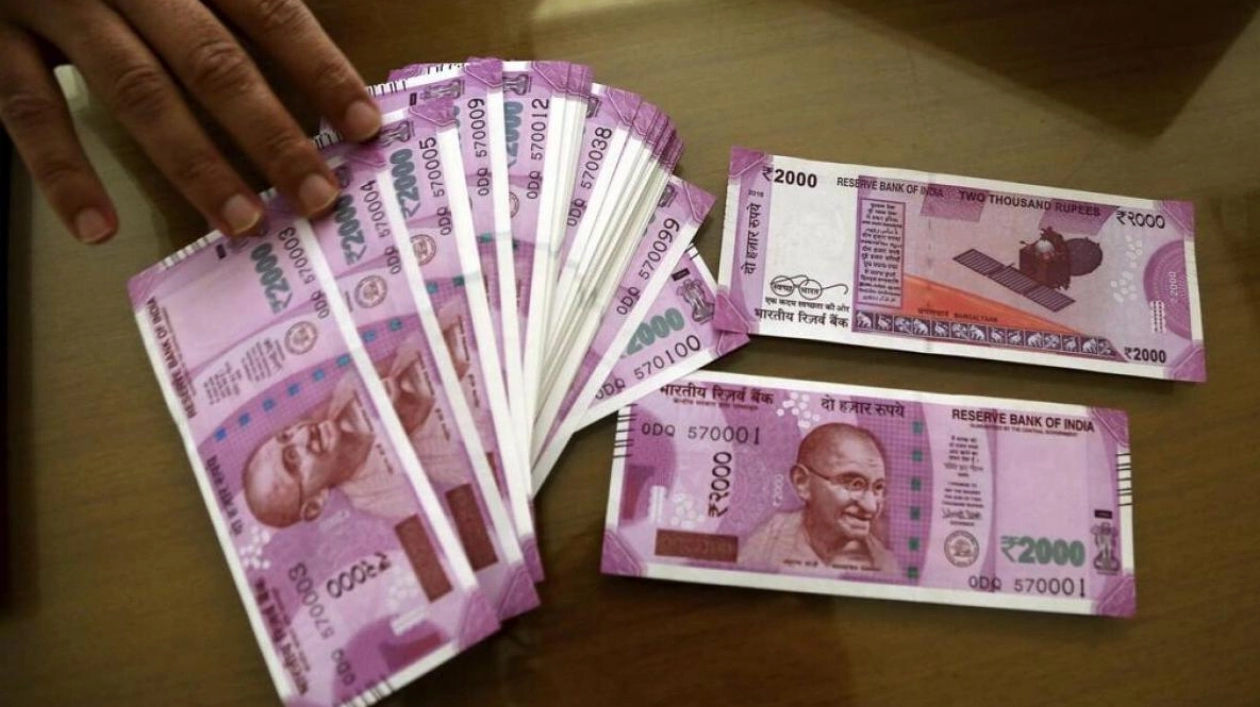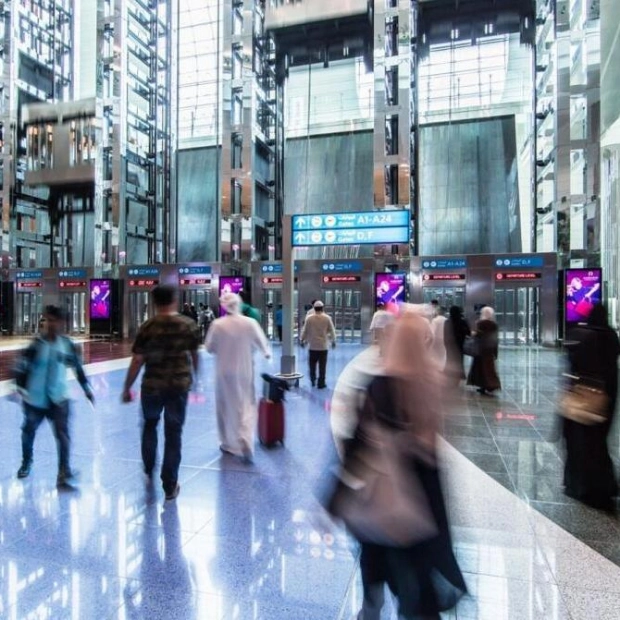In India, as retail businesses expand rapidly, there is a growing need for facilities that allow small consumers to access short-term credit for buying goods and merchandise. The Indian government has introduced the Open Network for Digital Commerce (ONDC), which is integrating numerous banks and finance companies. Currently, e-commerce platforms offering groceries, food, and home appliances are operational on the ONDC network. Once loan service providers, including banks and NBFCs, are connected to the network, ONDC will enable unsecured personal loans for consumers and GST-based invoice loans for business owners. This will allow customers to apply through any ONDC-supported app, receive offers from multiple lenders within six to eight minutes, and have their loans sanctioned quickly. Additionally, working capital loans for merchants will also become available. This platform benefits retailers and consumers without banking facilities by allowing them to secure credit disbursement and short-term loans based on consumer credit data. Small-ticket and short-term loans based on data are prioritized, followed by purchase finance and B2B credit protocols. This system will institutionalize credit disbursement to small businessmen.
Trading in Future and Options (F&O) derivatives has become increasingly popular in India, with significant monthly turnover in the F&O segment. These contracts derive their value from underlying assets like stocks, securities, or commodities. A futures contract obligates both buyer and seller to transact at a predetermined future date and price, while options grant the holder the right, but not the obligation, to buy or sell at a set price within a specified period. Despite the allure, a Securities & Exchange Board of India study reveals that 89% of individual traders in the F&O segment incur losses. Consequently, SEBI advises retail investors to avoid F&O trading and invest in equities through mutual funds. Experts recommend that only those who fully understand and can manage the risks should engage in derivatives trading. Profits from such trading are subject to income tax at standard rates, while losses can only be offset against future profits from similar transactions, as the tax authorities typically view trading as speculative.
AI engineers, particularly those with extensive experience, are highly sought after in India, where multinational and domestic enterprises are striving to bridge the demand-supply gap. Senior AI engineers and prompt engineering specialists can earn between $50 and $500 per hour, depending on the complexity of the work. IT-related professionals currently make up nearly 30% of the market, with the remaining 70% being full-time employees. Skills in software development, data analytics, cloud computing, digital marketing, content management, UI/UX design, and data science are in high demand, growing at a compounded rate of 10% annually. Pharma companies, oil and gas firms, and Global Capability Centres are actively recruiting professional workers to control long-term costs. Self-employed individuals can claim professional expenses and depreciation on assets used for their profession, unlike salaried employees who pay tax on their gross salary and receive a standard deduction of just Rs50,000 per annum.






